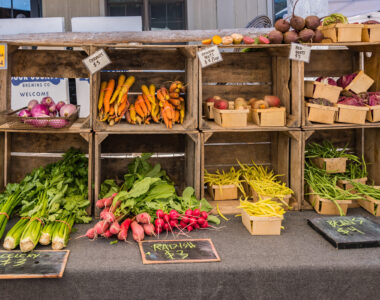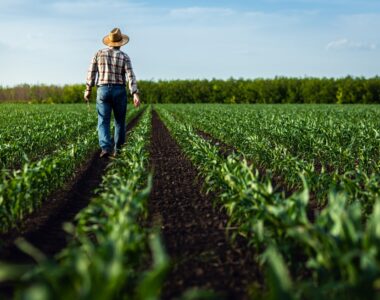
Introduction
The culinary world is changing. For years, foraging was celebrated as the height of authenticity — chefs scouring forests and fields for wild ingredients that added flair to their menus. But the tide is turning. Today, many chefs are stepping away from flashy foraging trends and re-establishing direct relationships with the people who grow our food. This new movement of chefs supporting local farms is not only reshaping restaurant culture but also revitalizing food systems, biodiversity, and communities.
Why the Shift?
At first, foraging had allure. It promised rare flavors and a sense of discovery. But it also came with challenges: sustainability concerns, inconsistency of supply, and a lack of connection to farming communities. More chefs realized that while wild mushrooms or rare herbs might create buzz, they did not create long-term food security.
This realization is fueling a shift back to something deeper: chefs supporting local farms. Partnering with growers ensures reliable, sustainable, and seasonal ingredients while helping to keep agricultural land productive and family farms viable.
The Benefits of Chefs Supporting Local Farms
The move toward farm partnerships offers wide-ranging benefits:
1. For Chefs and Restaurants
- Access to fresher, more flavorful ingredients
- Consistency of supply that wild foraging cannot provide
- A unique story to share with diners about where food comes from
2. For Farmers
- Stable, predictable income through wholesale partnerships
- Increased visibility when restaurants highlight their farms on menus
- Stronger relationships that extend beyond a single transaction
3. For Communities
- Dollars spent locally circulate back into schools, infrastructure, and rural economies
- Shorter supply chains reduce carbon emissions from long-distance shipping
- A food culture that values authenticity and stewardship rather than novelty alone
Why Diners Should Care
For diners, chefs supporting local farms means more than a tasty plate. It ensures food is raised with integrity, harvested at peak nutrition, and reflective of the land where it is grown. Choosing a restaurant that sources locally is a way to cast a vote for sustainability and transparency.
When a chef partners with a nearby farm, you know your meal is not just about flavor — it is about keeping agriculture alive, building biodiversity into the landscape, and ensuring future generations can enjoy the same foods.
How Farm Trader Helps
At Farm Trader, we built our platform to make these connections simple. Whether you are a chef looking to buy wholesale or a farm looking to expand your market, Farm Trader streamlines the process. By bringing farms and buyers together, we support the growing movement of chefs supporting local farms and help ensure this trend becomes a lasting part of food culture.
Our vision is clear: fresher food, stronger communities, and thriving farms.
Conclusion
The return of chefs supporting local farms signals more than a culinary shift — it represents a cultural reset toward sustainability, resilience, and respect for agriculture. As chefs and farmers reconnect, diners reap the benefits of fresher meals, richer flavors, and stronger communities.
The future of food is not in fleeting trends. It is in lasting partnerships that bring the farm back to the center of the table.



